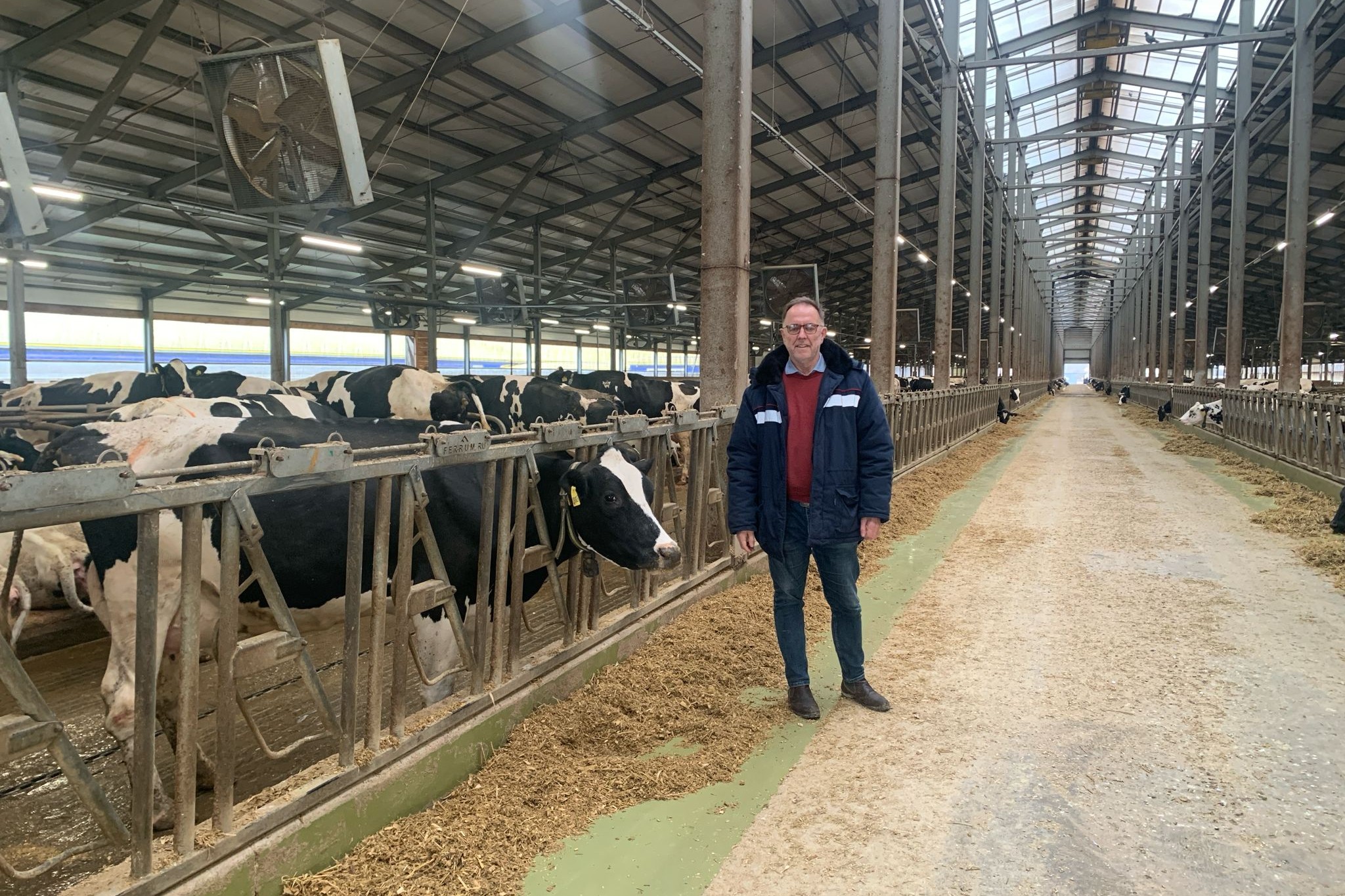Minister’s trade priorities
The strength of our agricultural sector is a testament to farmers hard work and innovation; Minister for Trade and Agriculture Todd McClay is all too aware of his role to support and enhance collective efforts, particularly in expanding beef exports through strategic trade initiatives.

In the 2024/25 period, our trade priorities are focused squarely on enhancing market access and ensuring the competitive edge of our beef exports on the global stage – with beef accounting for $4.9 billion in annual export earnings.
As we navigate increasing protectionism, adverse weather events and supply chain disruptions, this Government is supporting producers by targeting Non-Tariff Barriers (NTB), increasing market access, and investing in research and innovation so we can focus on getting more value at the farm gate, and more money into
farmers pockets.
We have also set the target of doubling export by value in 10 years. Key to extracting additional value is the removal of NTBs which currently costs the red meat sector $1.5b a year, with $800 million of these imposed by sanitary and phytosanitary (SPS) measures.
Our strategy involves increased diplomatic investment in markets with high tariff costs such as Japan ($88m), South Korea ($52m), the United States ($11m) and the Gulf Cooperation Council ($6m), as well as increased advocacy on the reform of agricultural subsidies through multilateral institutions so our world’s best products remain competitive and available to global consumers.
New Zealand’s food and fibre exports account for 80% of our goods exports, and while our trade agreements currently cover two-thirds of our exports, food remains the most heavily protected and subsidised sector internationally.
The Coalition Government is focused on maximising the value of the agreements already in place and opening of new access opportunities for our primary sector.
Further investment in relationships with strategic trade partners like India, the Gulf Cooperation Council, the Pacific Alliance and the United Arabs of Emirates are essential.
By strengthening these ties, we aim to lay the groundwork for high-quality deals that recognise the mutual benefits of trade in agricultural products, including beef. These efforts are complemented by our initiatives to cut the previous government’s regulatory red tape and improve the sector’s productivity back home.
Finally, just as we now earn more from exporting apple packing machinery to the US than we do from exporting apples, there is ample opportunity ahead for our stud breeders to export genetics and farming technologies to economies supporting rapidly growing populations.
Non-tariff barriers currently costs the red meat sector $1.5 billion a year.
The Coalition Government has committed to repeal the ban on genetic engineering (GE); establish a dedicated biotech regulator to ensure the safe and ethical use of gene technologies; and liberalise GE laws while ensuring strong protections for human and environmental health. These measures will ensure primary producers remain competitive in overseas markets, while also securing their future.
The red meat sector’s resilience and dedication, fuel New Zealand’s agricultural prosperity and is something to be proud of. This Government backs you and we will continue to work hard showcasing New Zealand beef as a premium product globally.




